Most Impactful World Leaders Of The 20th Century
The 20th century was a dynamic period that saw the rise of influential leaders who left indelible marks on the global stage. From visionary presidents to transformative revolutionaries, these figures navigated their nations through periods of upheaval, change, and growth. In this article, we will explore the lives and legacies of some of the most impactful leaders who shaped the course of history in the last century.
Franklin D. Roosevelt: Guiding America Through Turbulent Times
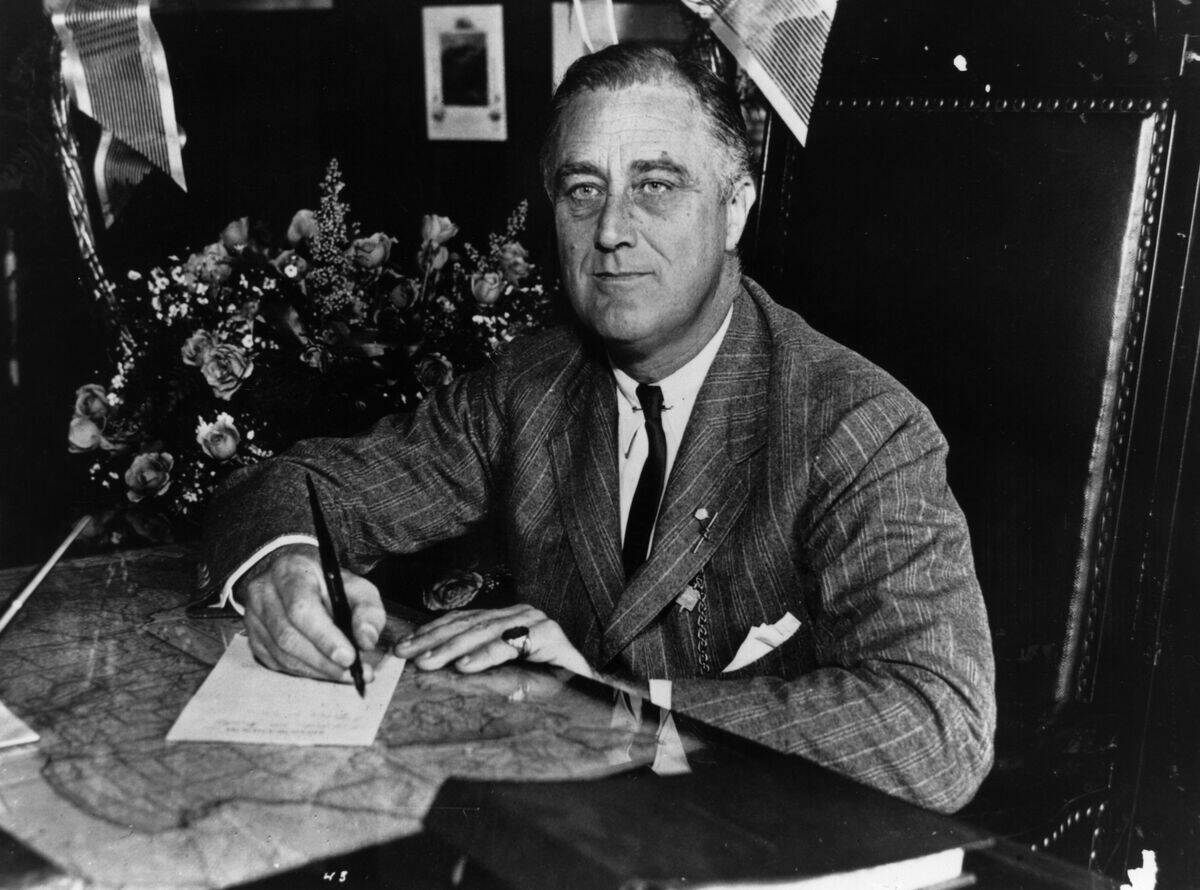
Franklin D. Roosevelt, often referred to by his initials FDR, held the presidency of the United States from 1933 to 1945, an unprecedented four terms. During his tenure, he navigated the nation through the Great Depression and World War II with his New Deal policies and wartime leadership. Known for his fireside chats, Roosevelt effectively communicated with the American public, instilling hope and confidence during some of the country’s darkest days.
Winston Churchill: The Bulldog Spirit
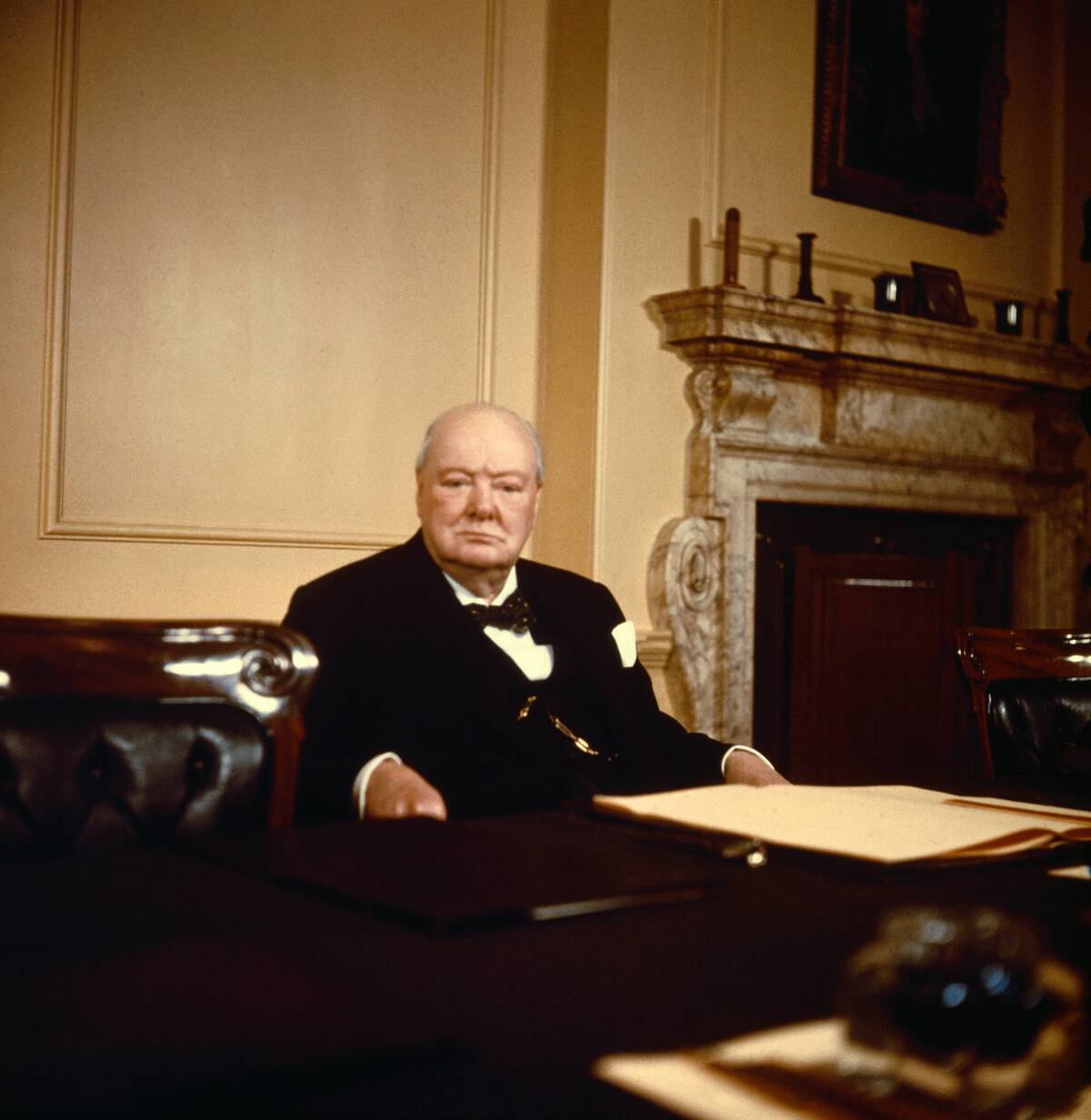
Winston Churchill, the charismatic Prime Minister of the United Kingdom, became the face of British resilience during World War II. His speeches, brimming with defiance and determination, were instrumental in bolstering British morale. Churchill’s leadership was pivotal during the Blitz, and his partnership with Allied leaders was crucial in orchestrating the defeat of the Axis powers. Despite political ups and downs, his legacy as a wartime leader persists.
Mahatma Gandhi: The Apostle of Nonviolence
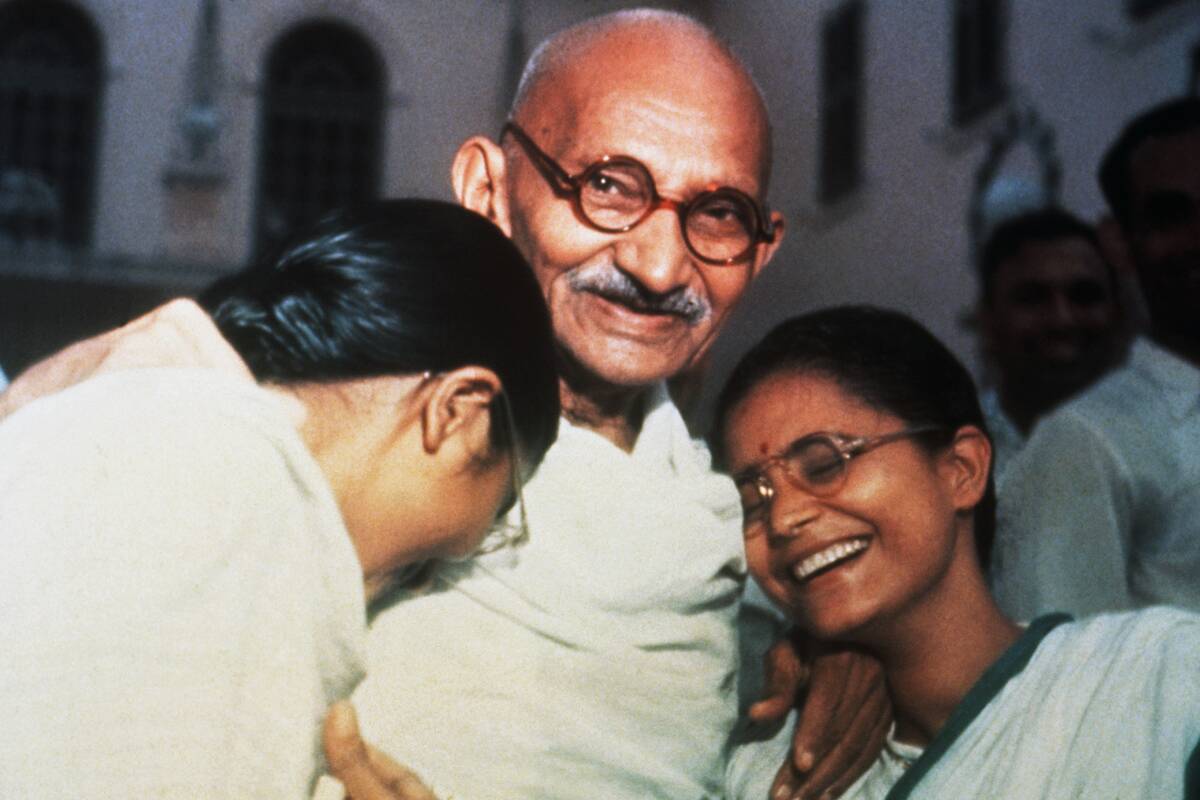
Mahatma Gandhi, a key figure in India’s struggle for independence, championed the philosophy of nonviolent resistance. His methods of peaceful protest and civil disobedience inspired movements for civil rights and freedom across the world. Gandhi’s Salt March in 1930 is a testament to his belief in the power of nonviolent resistance, challenging the British monopoly on salt. His teachings continue to influence leaders and activists globally.
Nelson Mandela: A Beacon of Hope and Reconciliation
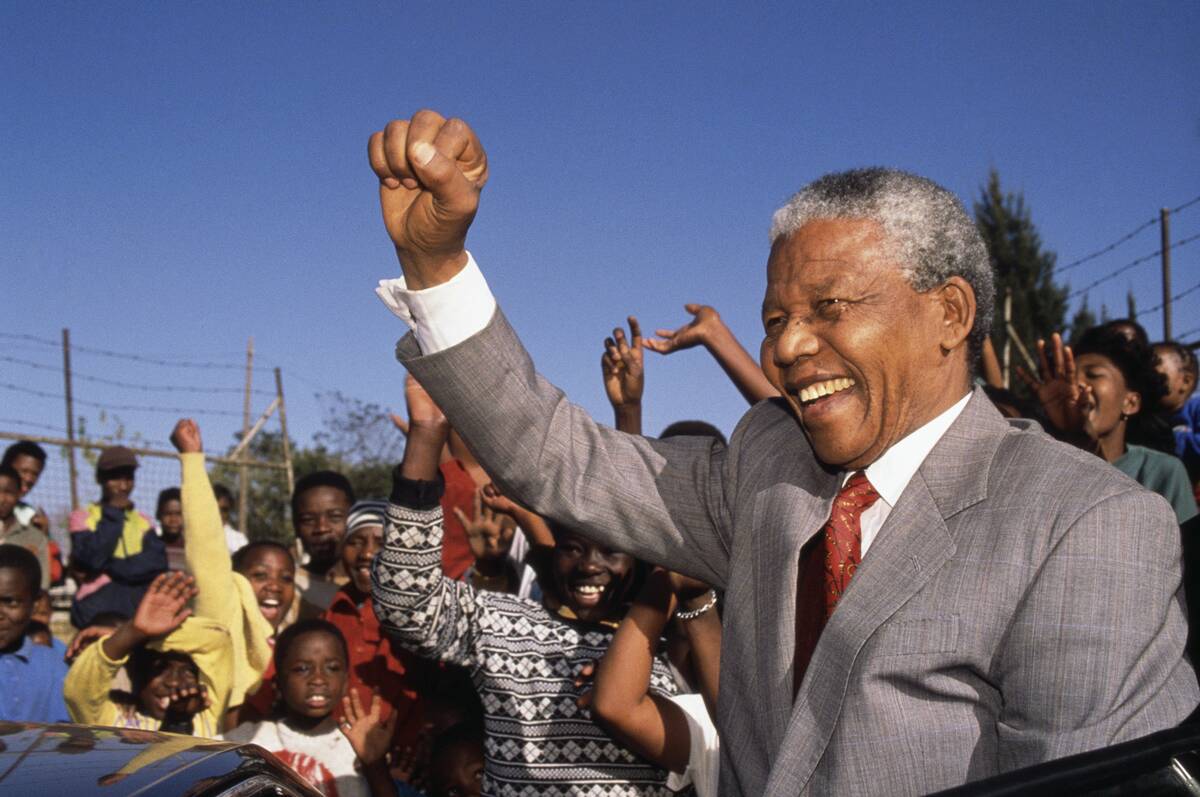
Nelson Mandela’s journey from a prisoner to the President of South Africa is a powerful narrative of resilience and reconciliation. Imprisoned for 27 years for his anti-apartheid activities, Mandela emerged as a symbol of the struggle against racial oppression. His leadership in dismantling apartheid and fostering national unity earned him the Nobel Peace Prize. Mandela’s legacy is one of forgiveness and bridging divides.
Margaret Thatcher: The Iron Lady’s Legacy
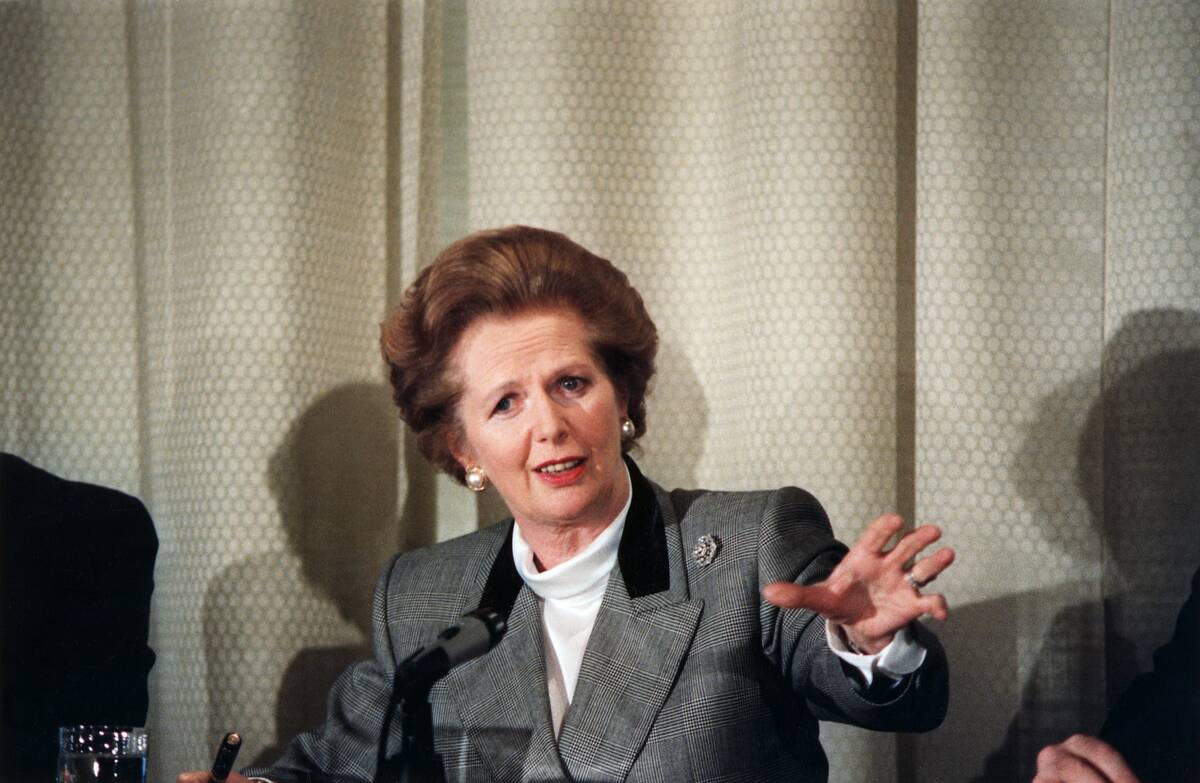
Margaret Thatcher, the first female Prime Minister of the United Kingdom, left a formidable legacy with her economic policies and strong-willed leadership. Known as the “Iron Lady,” she implemented a series of free-market reforms that reshaped the British economy. Her tenure was marked by significant events such as the Falklands War and the miners’ strike. Thatcher’s influence on conservative politics is felt to this day.
Mikhail Gorbachev: The Architect of Perestroika
![[redacted]](https://media.tellmebest.com/wp-content/uploads/2023/09/mikhail-gorbachev-87043.jpeg)
Mikhail Gorbachev, the last leader of the Soviet Union, is best known for his policies of glasnost (openness) and perestroika (restructuring). These reforms aimed to revitalize the Soviet economy and reduce government censorship, but they inadvertently hastened the fall of the Soviet Union. Gorbachev’s efforts to end the Cold War earned him the Nobel Peace Prize, and his legacy is one of transformation and peace.
Martin Luther King Jr.: A Dream that Changed a Nation
![Reverend [redacted]](https://media.tellmebest.com/wp-content/uploads/2023/07/reverend-dr.-martin-luther-king-jr-10010.jpeg)
Martin Luther King Jr. was a pivotal leader in the American civil rights movement, advocating for equality through nonviolent protest. His famous “I Have a Dream” speech during the 1963 March on Washington remains a defining moment in the struggle for civil rights. King’s leadership led to significant legislative changes, including the Civil Rights Act of 1964. His dream of racial harmony and justice continues to inspire people worldwide.
John F. Kennedy: A Vision for a New Frontier
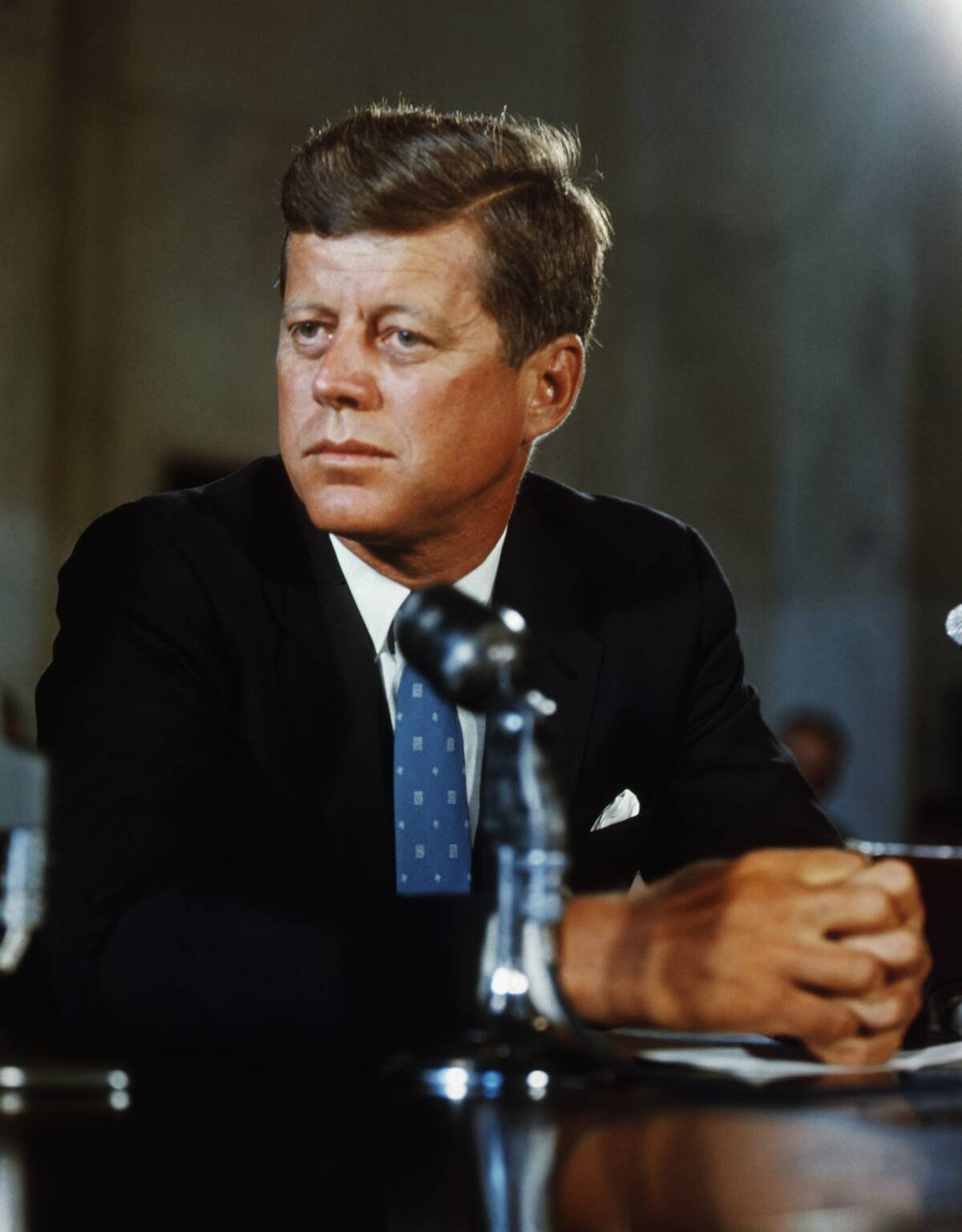
John F. Kennedy, the 35th President of the United States, brought a youthful vigor and vision to the White House. His presidency is remembered for the Cuban Missile Crisis, the establishment of the Peace Corps, and the ambitious space race that culminated in the Apollo moon landing. Kennedy’s call to “ask not what your country can do for you” still resonates as a call to civic action and public service.
Mao Zedong: A Revolutionary’s Transformative Rule
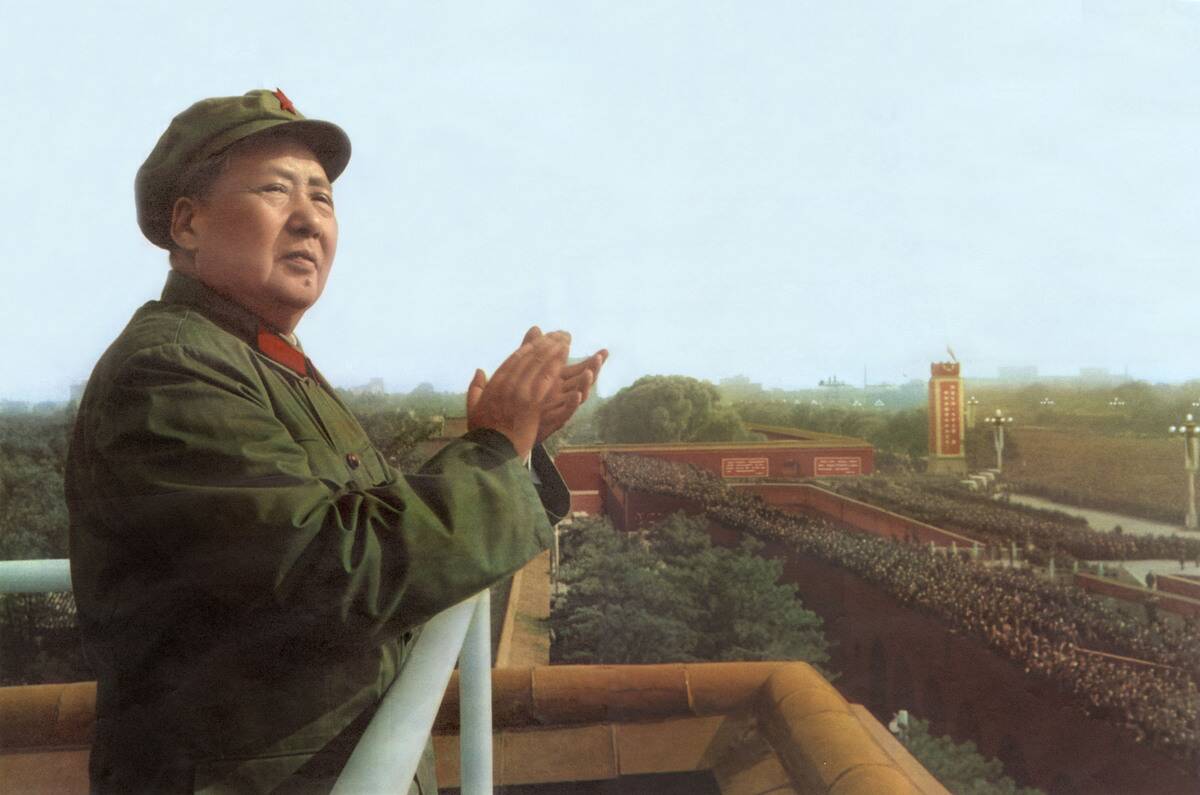
Mao Zedong, the founding father of the People’s Republic of China, led the nation through radical changes. His policies, such as the Great Leap Forward and the Cultural Revolution, aimed to transform China into a socialist society but had devastating effects on the population. Despite the controversies, Mao’s influence on Chinese politics and his role in establishing China as a major world power remain significant.
Indira Gandhi: The First Female Prime Minister of India
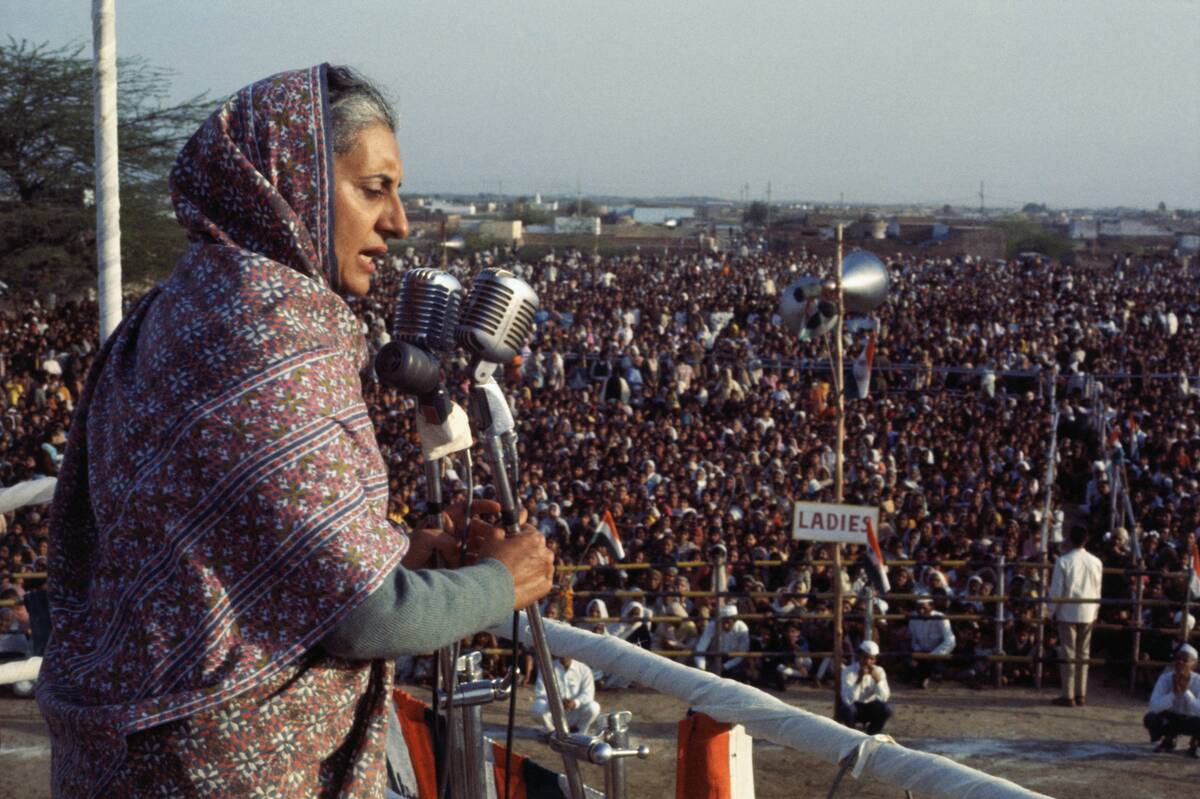
Indira Gandhi, the first and only female Prime Minister of India, was a central figure in Indian politics. Her leadership style was often described as authoritarian, particularly during the Emergency period from 1975 to 1977. Despite controversies, her efforts in industrialization and the Green Revolution significantly shaped India’s economy. Gandhi’s legacy is a complex blend of political acumen and contentious policies.
Charles de Gaulle: The Resilient Leader of France
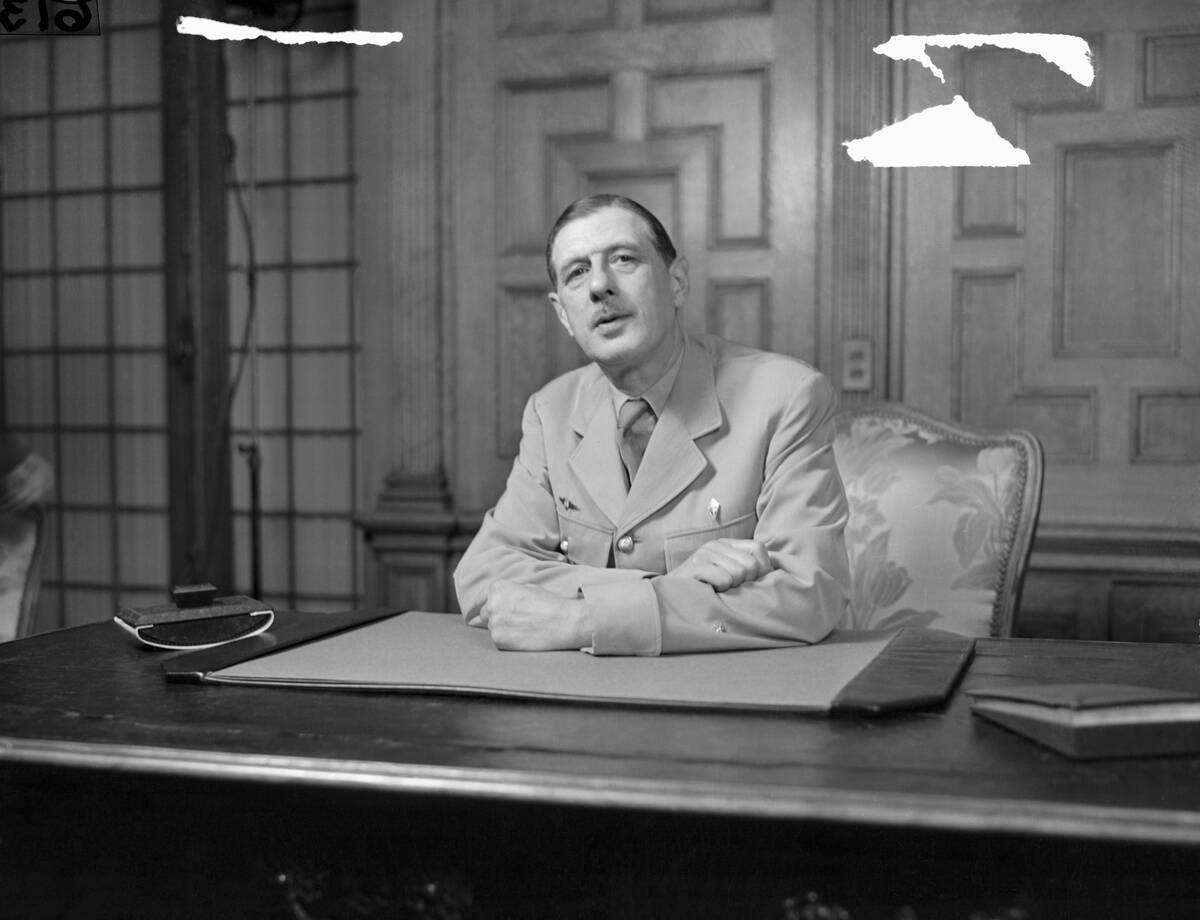
Charles de Gaulle, a towering figure in French history, played a crucial role during and after World War II. As leader of the Free French Forces, he was instrumental in the liberation of France from Nazi occupation. De Gaulle’s vision for France extended into his presidency, where he established the Fifth Republic, strengthening the executive branch. His impact on French politics and national identity endures.
Deng Xiaoping: The Reformer of Modern China
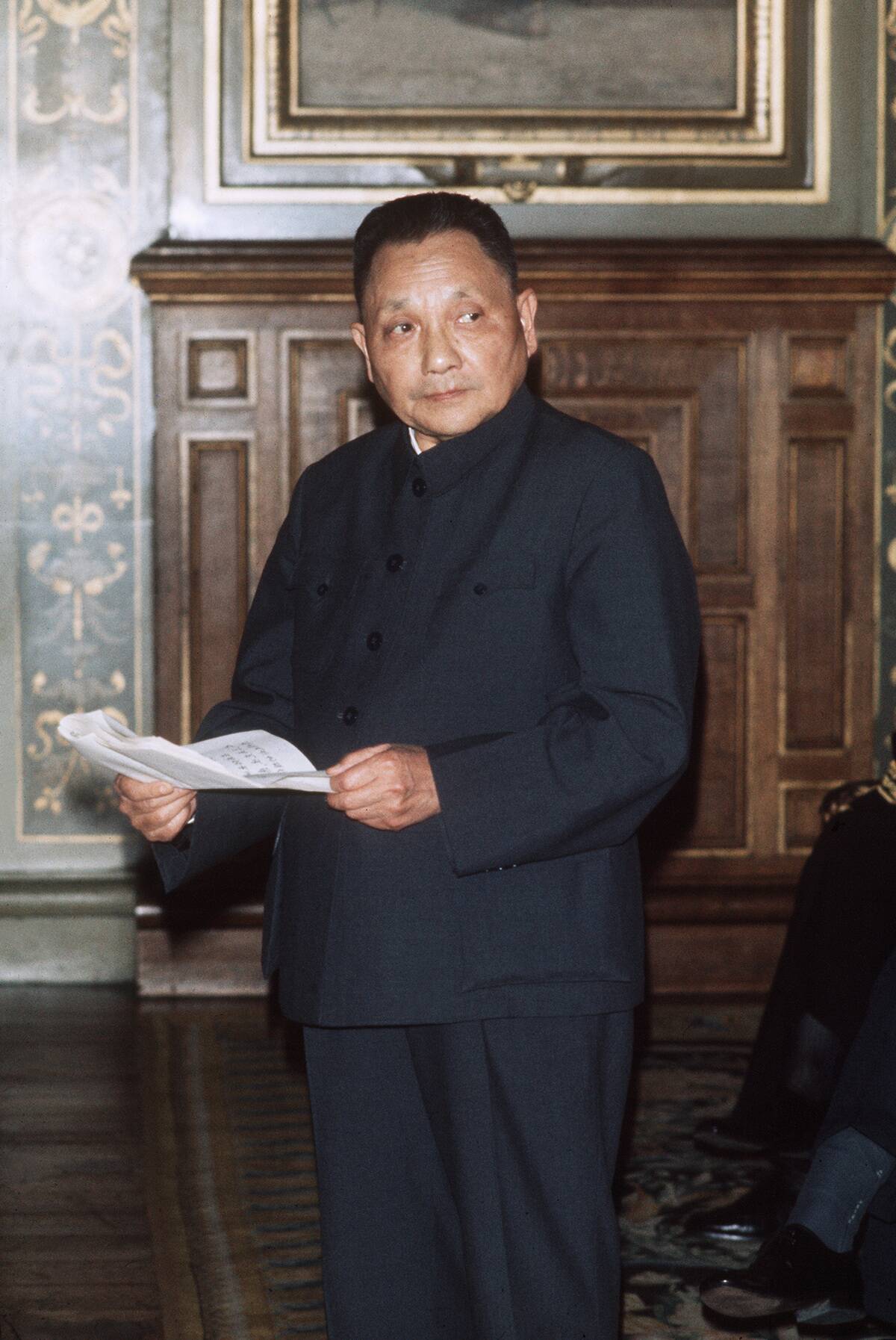
Deng Xiaoping, a transformative leader, is credited with opening China’s economy to the world. His economic reforms introduced market principles while maintaining the Communist Party’s political control. Deng’s policies led to unprecedented economic growth and lifted millions out of poverty. His pragmatic approach to governance reshaped China’s global standing and set the stage for its rise as an economic powerhouse.
Mother Teresa: Compassion Beyond Borders
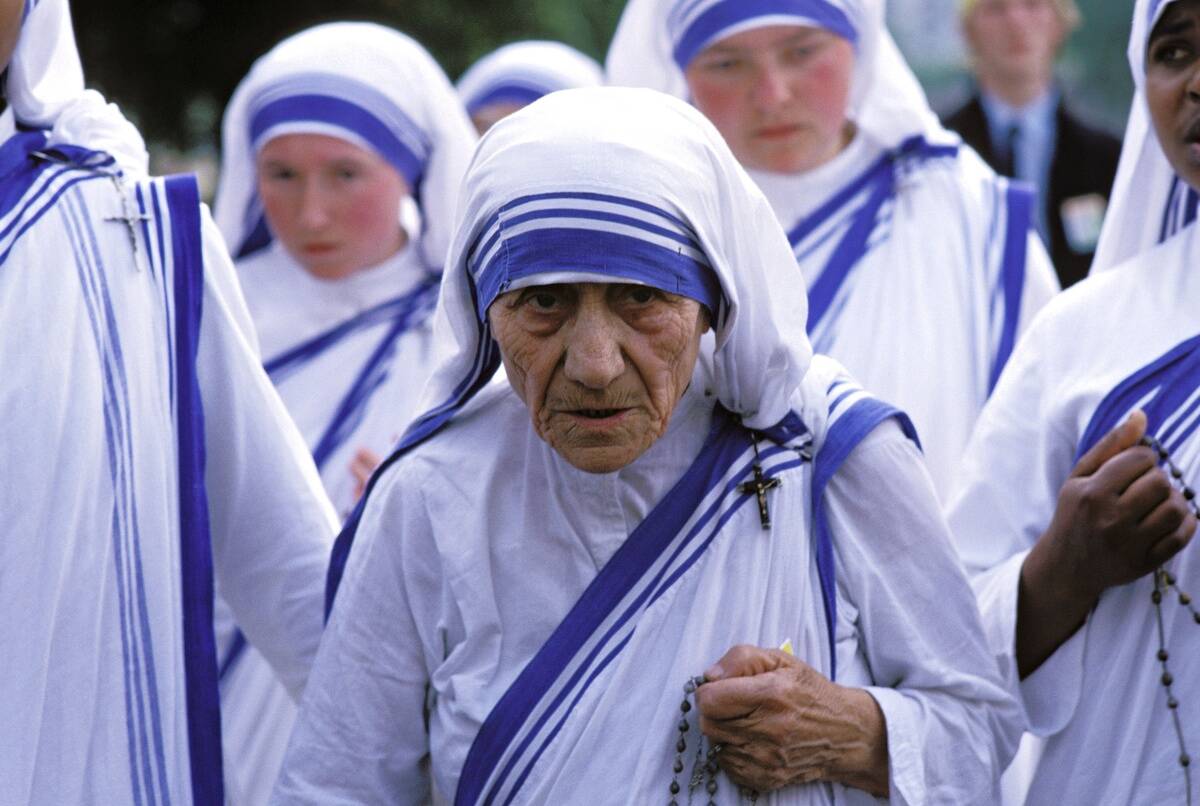
Mother Teresa, known for her humanitarian work, founded the Missionaries of Charity, a religious congregation dedicated to serving the poor. Her selfless service to the sick and destitute in Kolkata, India, garnered international acclaim. Awarded the Nobel Peace Prize in 1979, Mother Teresa’s legacy of compassion and charity continues to inspire global humanitarian efforts. Her life’s work remains a testament to the power of love and kindness.
The Lasting Influence of 20th Century Leaders
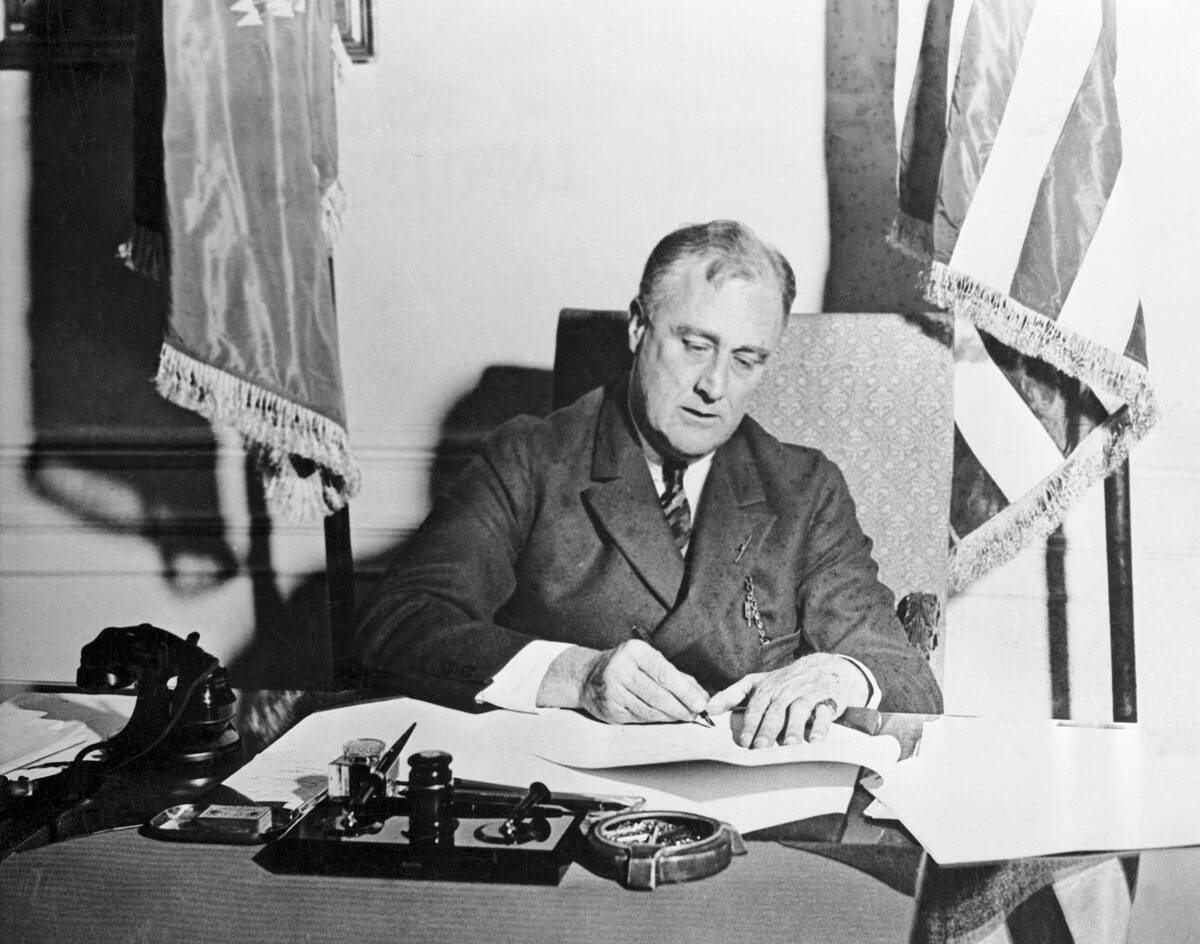
The leaders of the 20th century navigated complex global challenges and left a profound impact on the world. Their legacies, whether in politics, social justice, or humanitarian work, continue to influence contemporary society. Understanding their contributions helps us appreciate the complexities of leadership and the enduring power of vision and determination. As we move forward, the lessons from these leaders remain relevant in addressing today’s global issues.



